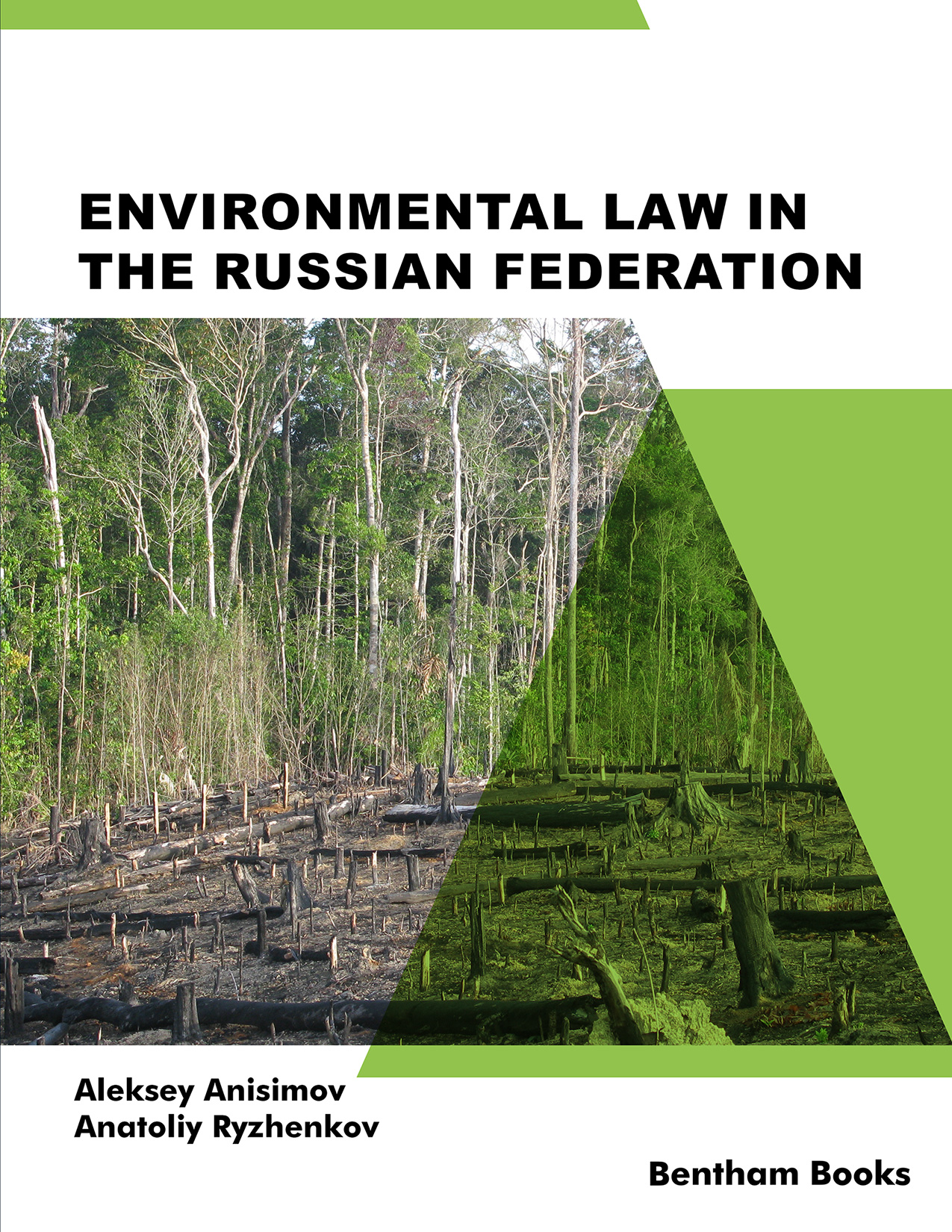Introduction
Environmental Law in the Russian Federation presents a comprehensive textbook on the current state of environmental legislation of the Russian Federation. The textbook is divided into three sections that are ordered for an increasing level of specialization in the subject.
- The first section (General Part) gives a definition of environmental law, formulates its principles and considers the sources of environmental law and legal relations. Readers will learn about the issues related to the ownership of natural resources, the legal framework and specifics of environmental protection and management, and associated human and civil rights. The distinguishing features of economic regulation in the area of environmental protection as well as issues of responsibility for environmental offenses are also covered.
- The second section (Special Part) sets forth the main environmental requirements for certain types of economic and other human activities and the specifics of environmental protection in areas with a special environmental legal regime (specially protected areas and ecological disaster zones). Chapters in this section consider the main areas of protection of certain natural objects (water, forests, land, etc.).
- The third section (Specialized Part) clarifies the main areas of international cooperation in the field of environmental protection and considers the main characteristics of the environmental protection experience of other countries.
The textbook is an essential reference for law and business students in Russian schools. It is also of interest to entrepreneurs planning ventures in Russia and researchers involved in comparative legal analysis.

